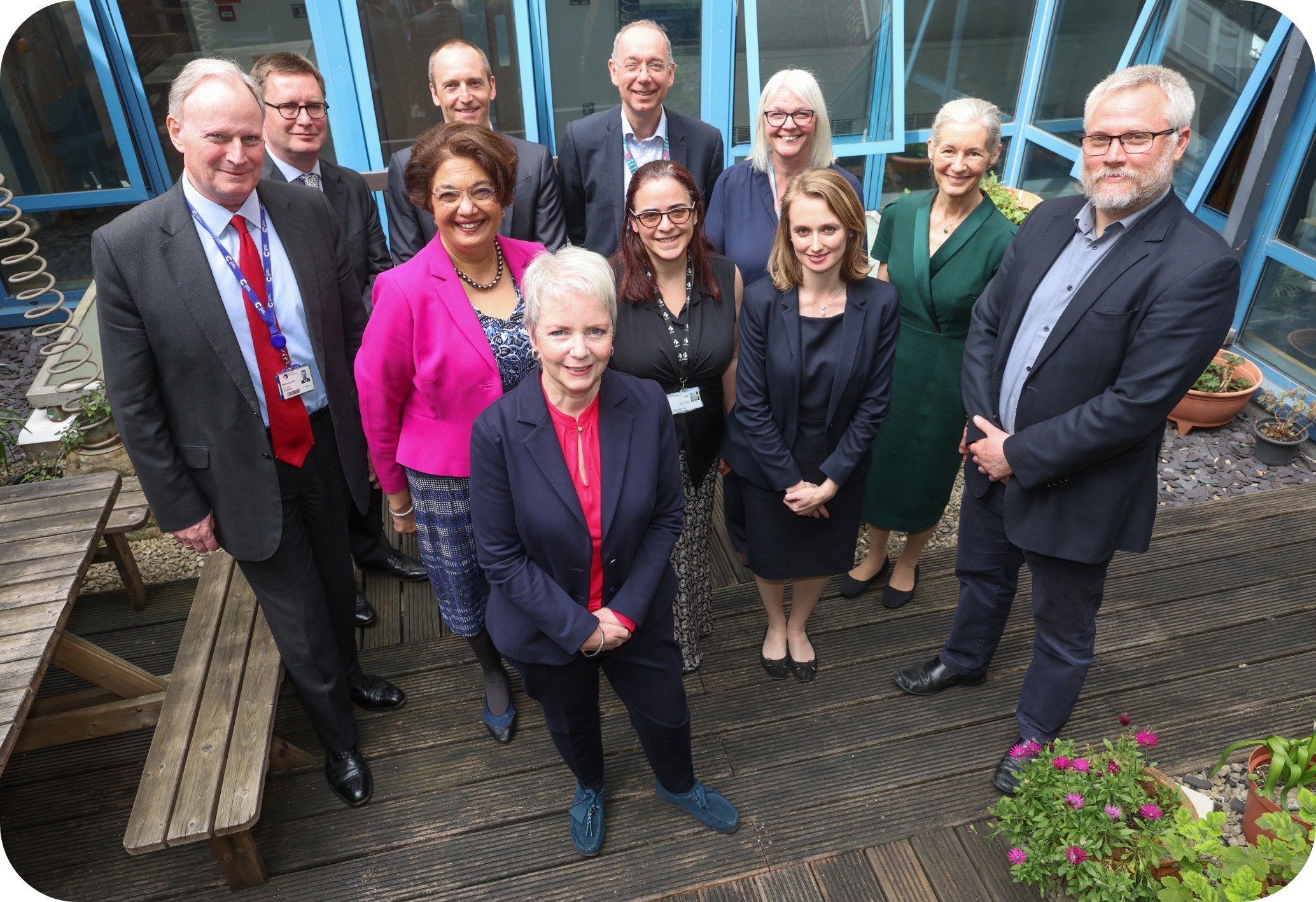CEO Update - 14 April 2025
Commenting on the announcement, Prime Minister Keir Starmer said:
This kind of innovation is nothing short of life-saving and I want to see more of these world-leading treatments being developed in the UK. That’s why through our plan for change we’ve taken action to boost our life-sciences sector through steps to fast-track clinical trials and cut red tape for researchers – so that Britain is the best country in the world for medical research.
Phil L’Huillier, Chief Executive Officer, Scancell, commented:
This partnership offers melanoma patients in the UK faster access to our developmental cancer vaccine, iSCIB1+, that we see is bringing long term immune control of the tumours to these advanced melanoma patients. Data from the SCOPE study will allow us to implement a robust development plan for the next phase towards registration in 2026.
NHS patients gain access to new Breast Cancer drug (but don’t tell anyone where it came from)
Last Friday, NICE recommended the use of AstraZeneca’s Truqap (capivasertib) with fulvestrant as an option for adults with hormone receptor (HR)-positive HER2-negative breast cancer that has certain genetic mutations and has spread. It is great to see that a twice-a-day tablet discovered, researched, and developed in the UK is now set to make a difference for over a thousand NHS patients a year. But key details such as how, where, the amount spent on development, and by who, was sadly lacking from the BBC’s coverage of the news!
Given the reporting, it is not surprising that NHS patients might start to think that these new products just magically appear if the skill, time and money taken by industry to get to this point aren’t ever mentioned. Claire Rowney, the chief executive of Breast Cancer Now, was right to say that the initial rejection of the pill had led to treatment delays and that the NHS should put in place prompt genetic testing to ensure those eligible receive capivasertib, but it is really positive to see UK industrial R&D delivering for patients here and around the world.
UK government unlock health data to drive growth – key news
Last week’s UK Government data announcement is big news for our sector and stems from years of BIA advocacy. The government and the Wellcome Trust will invest up to £600 million to create a new health data research service. This will transform the access to NHS data by providing a secure single access point to national-scale data sets, slashing red tape for researchers.
Our own Dr Emma Lawrence sets out how we got to this point and what comes next. Thank you to all BIA members who have backed this vision and contributed to getting us to this point.
Global WHO Pandemic Accord – nearly over the line
The Proposal for a WHO agreement for a Pandemic Accord - almost 5 years in the making - moved a significant step closer over the weekend as WHO members worked through the night on Friday to try and agree to a final text. Politico claims the working version was leaked to them. We are keeping a particularly close eye on Article 11. In a "Keep calm and carry on" post, French President Macron tweeted that "with the agreement in principle for a pandemic treaty, the international community is creating a new system to better protect us. Faster, more effective, more equitable, and more resilient."
The BIA has worked for many years with partners across the globe at ICBA to explain the importance of IP for small companies developing vaccines and drugs for pandemic use and the practical challenges of tech transfer and know-how to get an agreement that is workable and effective.
The final text is likely to go to next month’s World Health Assembly for final approval – at a time when the organisation's largest donor the USA has given official notice that it plans to leave, making it even more important that democratic countries with a strong commitment to intellectual property and scientific progress ensure their voices are heard.
Influencing and shaping our sector report
Our latest Influencing and spaing our sector report has been published - and it’s well worth a read. It demonstrates the concrete actions BIA is taking to ensure the voice of our members is heard at the highest levels of government and across the life sciences ecosystem. From shaping policy to engaging key decision-makers, the report showcases the impact of our collective efforts. A huge thank you to everyone who contributed to its development.
Catch up next week – join our webinar on Thursday
I’m taking a break over the Easter Bank Holiday, but do sign up for our webinar next Thursday at lunchtime for my take on where the sector is, what’s around the corner, and how companies are operating in the changing environment.

